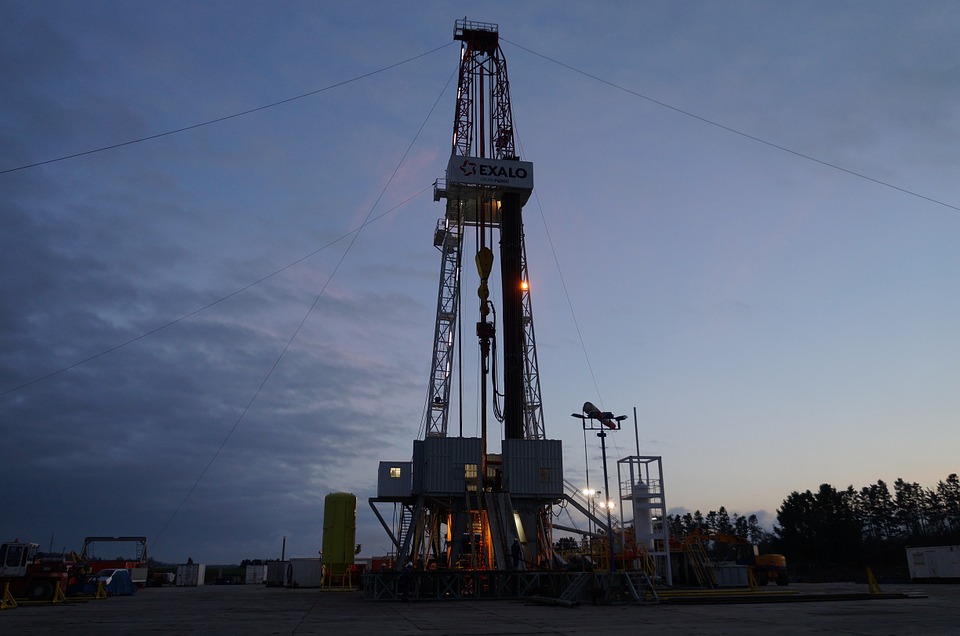A new report from The Carbon Tracker Initiative analyzed what will happen if the oil market sees a peak demand by 2025 - a scenario that will be compatible with limiting global warming by only 2 degrees Celsius.
The main conclusion is that about a third of the potential costs of the global oil industry, or about $ 2.3 trillion, will not be needed. In other words, the oil industry is on the way to dumping huge amounts of money if demand reaches its peak in less than ten years.
Of course, the vulnerability to maximum demand is directly dependent on companies. Carbon Tracker conducted a survey of 69 global oil and gas companies, and the amount of their losses ranged from 10% to 60% of their potential costs.
That is, from 10% to 60% of their expenditures may be unnecessary or wasteful if the peak of demand is reached by the middle of the next decade. The latter report describes the theory of "orphan assets" - the notion that large volumes of oil will remain in the earth because of maximum demand, which may be due to both alternative energy and climate regulation.
Some medium-sized companies, such as Southwestern Energy and Apache Corp., topped the list with 60-70% of their potential capex in exploration and production, which are vulnerable to peak demand.
As for the oil giants, ExxonMobil will be the most vulnerable company for peak demand, with about half of its potential costs not needed until 2025. Other oil companies will show themselves a little better, although not very much. Chevron, Eni and Shell have approximately 30% to 40% of the capital investment that will be wasted.
What projects are prone to redundancy, largely depends on the economy. Drilling wells in the US showed a sharp reduction in costs, displacing some of the more expensive projects from the range of viability in this scenario.
The Carbon Tracker concludes that there should be no increase in spending from the 2016 levels. The global oil industry has severely reduced spending between 2014 and 2016 in response to the fall in oil prices.
A large number of projects were canceled, exploration and drilling stopped, and very few new projects in the field of new fields advanced. Carbon Tracker states that, although the costs are still grossly stuck at the level until 2014, they should be frozen today and not go up, as many companies planned.
source: oilprice.com
The main conclusion is that about a third of the potential costs of the global oil industry, or about $ 2.3 trillion, will not be needed. In other words, the oil industry is on the way to dumping huge amounts of money if demand reaches its peak in less than ten years.
Of course, the vulnerability to maximum demand is directly dependent on companies. Carbon Tracker conducted a survey of 69 global oil and gas companies, and the amount of their losses ranged from 10% to 60% of their potential costs.
That is, from 10% to 60% of their expenditures may be unnecessary or wasteful if the peak of demand is reached by the middle of the next decade. The latter report describes the theory of "orphan assets" - the notion that large volumes of oil will remain in the earth because of maximum demand, which may be due to both alternative energy and climate regulation.
Some medium-sized companies, such as Southwestern Energy and Apache Corp., topped the list with 60-70% of their potential capex in exploration and production, which are vulnerable to peak demand.
As for the oil giants, ExxonMobil will be the most vulnerable company for peak demand, with about half of its potential costs not needed until 2025. Other oil companies will show themselves a little better, although not very much. Chevron, Eni and Shell have approximately 30% to 40% of the capital investment that will be wasted.
What projects are prone to redundancy, largely depends on the economy. Drilling wells in the US showed a sharp reduction in costs, displacing some of the more expensive projects from the range of viability in this scenario.
The Carbon Tracker concludes that there should be no increase in spending from the 2016 levels. The global oil industry has severely reduced spending between 2014 and 2016 in response to the fall in oil prices.
A large number of projects were canceled, exploration and drilling stopped, and very few new projects in the field of new fields advanced. Carbon Tracker states that, although the costs are still grossly stuck at the level until 2014, they should be frozen today and not go up, as many companies planned.
source: oilprice.com





